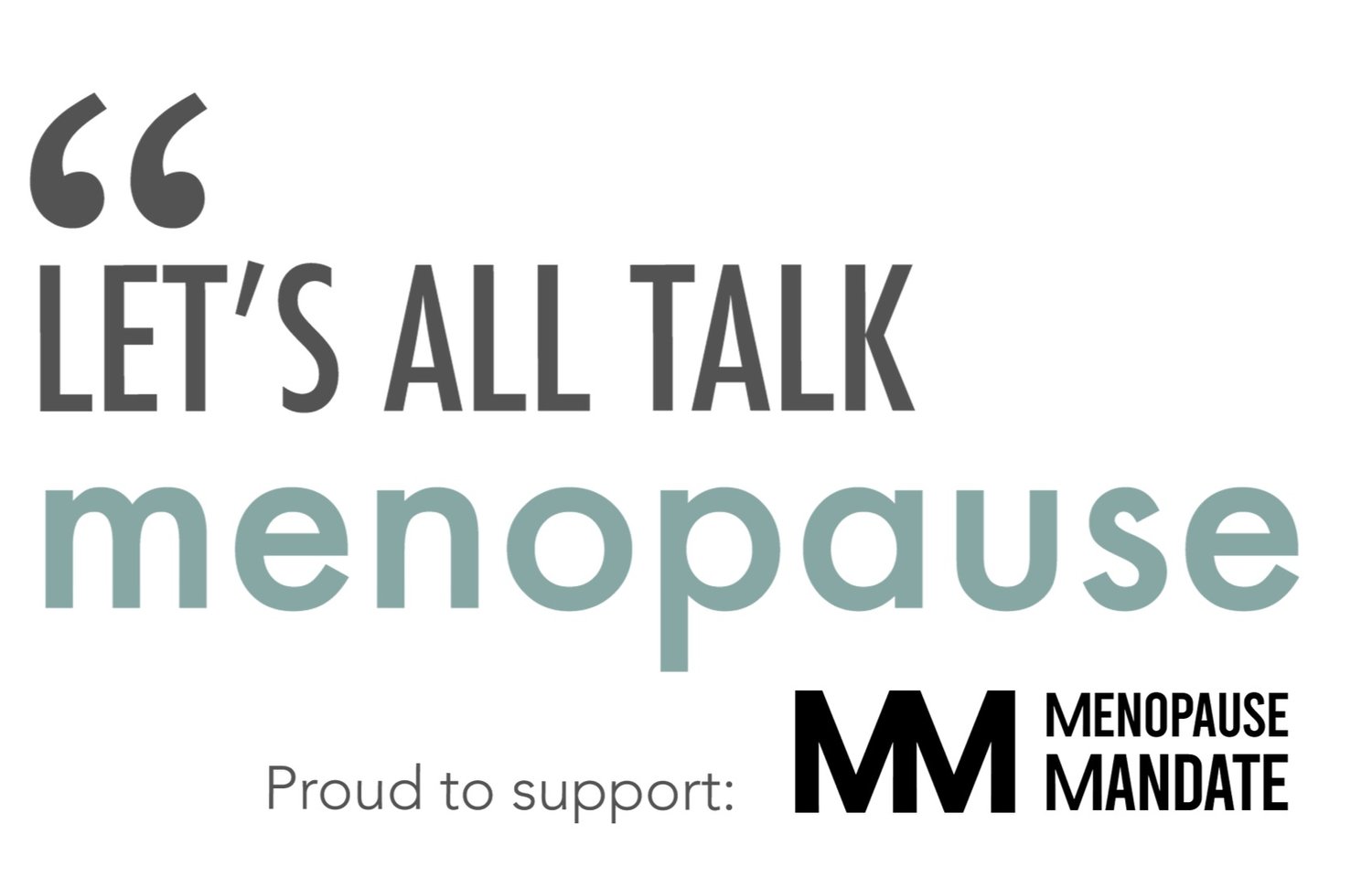A Fitter, Calmer, Stronger Menopause with Fitness expert Kate Rowe-Ham
Menopause is a big deal in a woman's life, bringing along a bunch of changes. But with the right approach to fitness and nutrition, it can be a smoother ride.
Finding the Right Exercise
Exercise is key to handling menopause symptoms. The trick is to find something you love and can stick with. As Kate Rowe-Ham a fitness expert, puts it,
“The most effective exercise is the one that suits you.”
“Strength training is a winner here because it helps build muscle and keeps bones strong. Kate suggests, "Try to find a love of lifting weights.”
For those dealing with joint pain or low energy, low-impact activities like walking, swimming, and cycling are great options. They’re easy on the joints but still get your heart pumping. Yoga and Pilates can also help with flexibility and mental health.
Eating Right During Menopause
What you eat matters a lot during menopause. Protein is a biggie because it helps balance hormones and keeps you feeling full. Kate emphasises,
"Protein is the macronutrient we should all have on our plate."
Omega-3s from fish and seeds are great for reducing inflammation, and magnesium from greens and nuts can help with sleep and muscle cramps. Don’t forget about vitamin D and calcium for bone health. Kate advises,
"Try to get calcium through your food rather than supplements."
Balancing Hormones and Easing Symptoms
Some women find intermittent fasting helpful, but it’s not for everyone. Kate notes,
"It's very individual. What works for one person might not work for another."
To manage hot flushes and mood swings, cutting back on alcohol and caffeine and staying hydrated can make a difference. Sage is also known to help with hot flushes.
Keeping Bones Strong
With menopause, the risk of osteoporosis goes up. Weight-bearing exercises and a diet rich in vitamin D and calcium can help keep bones strong. Kate points out,
"Our bone mass peaks at 30, so we need to work on maintaining it."
Tracking Your Progress
When it comes to seeing if your routine is working, focus on how you feel. Kate suggests,
"Think about your mood, sleep, and energy levels."
These are better indicators of progress than just looking at the scale.
Supplements and Other Tips
Creatine is a popular supplement for building muscle and boosting energy, but it's important to check with a healthcare provider before starting any new supplement.
In the end, tackling menopause with a focus on fitness and nutrition can make a world of difference. As Kate wisely says,
"Just start. Don't procrastinate because tomorrow never comes."
By understanding what your body needs and making smart choices, you can manage symptoms and embrace this new chapter with confidence.
